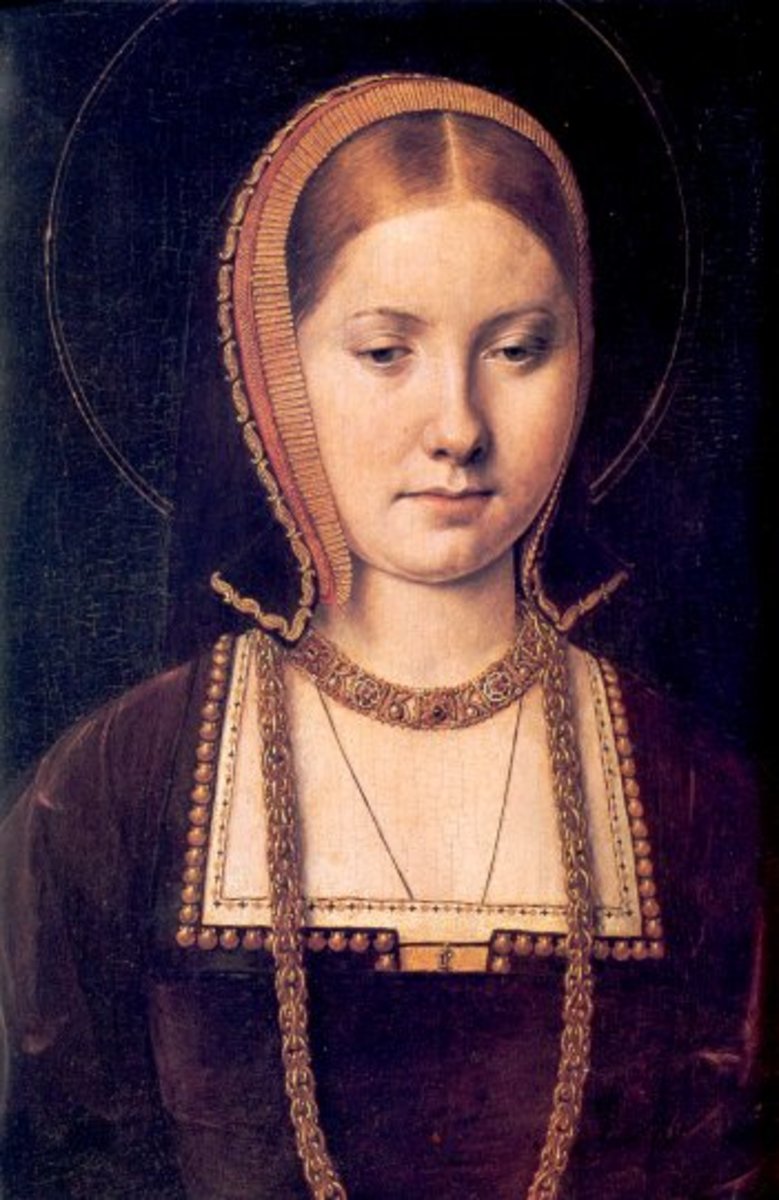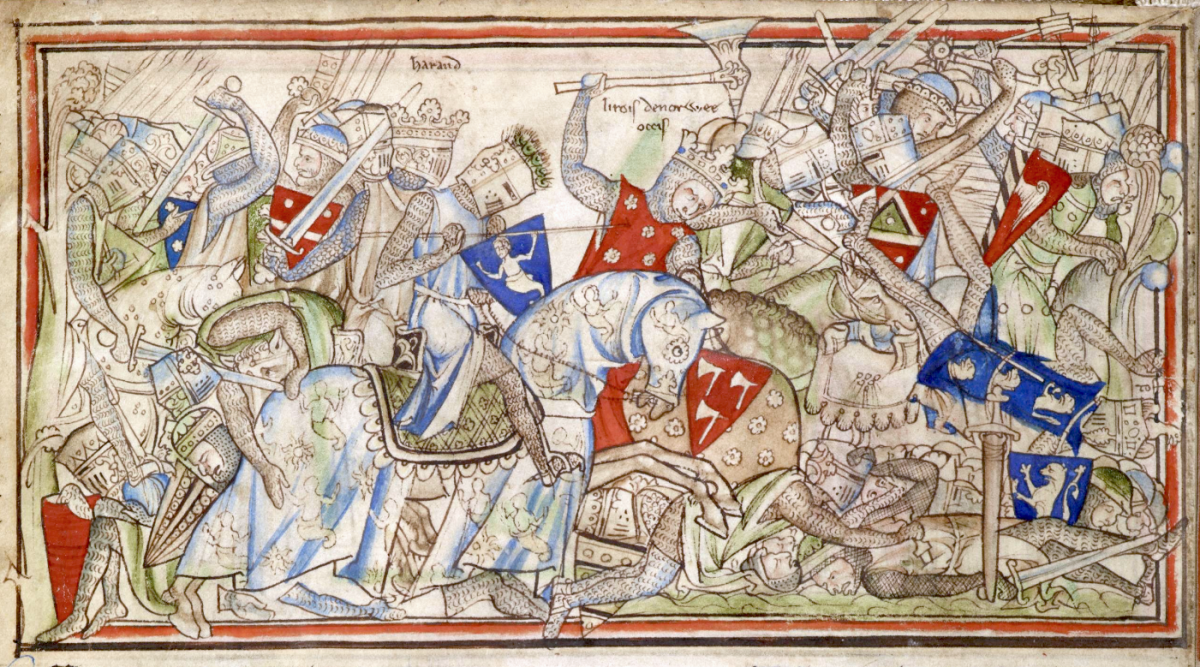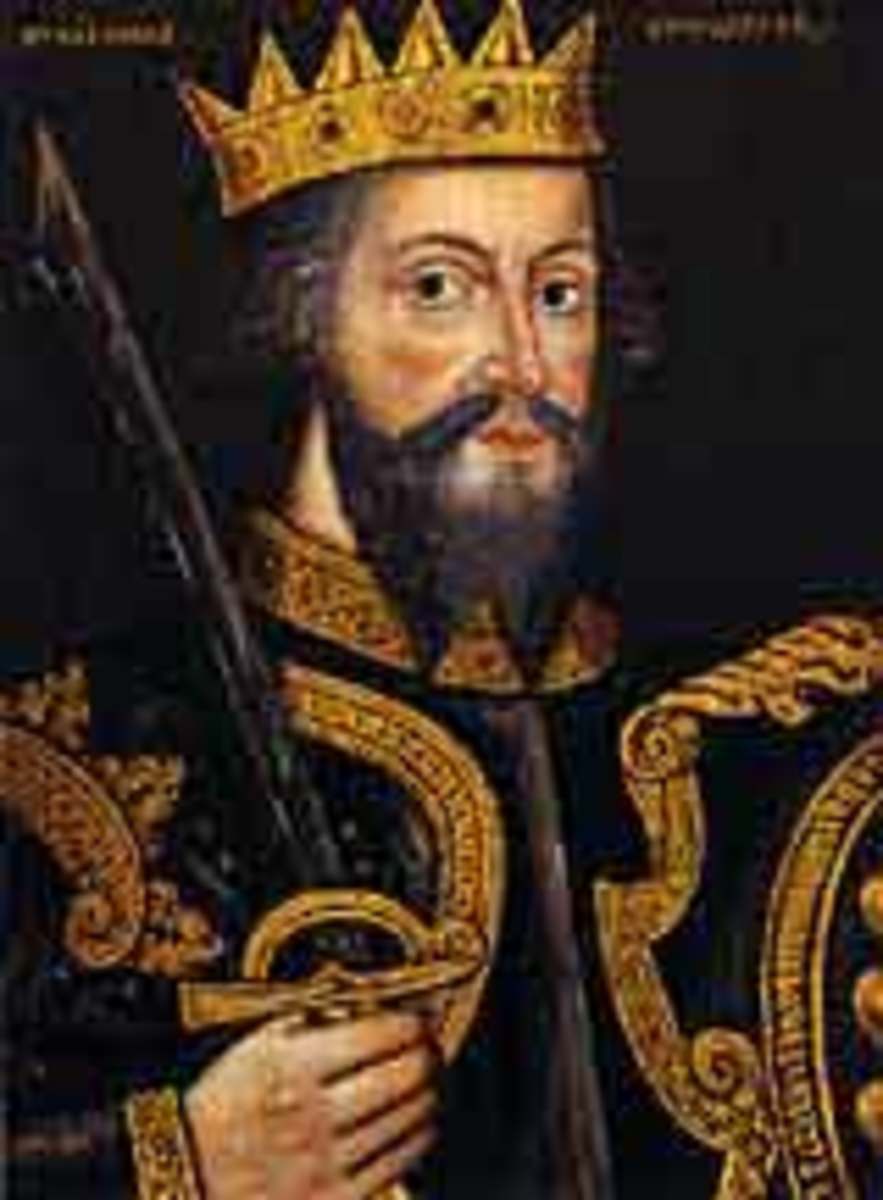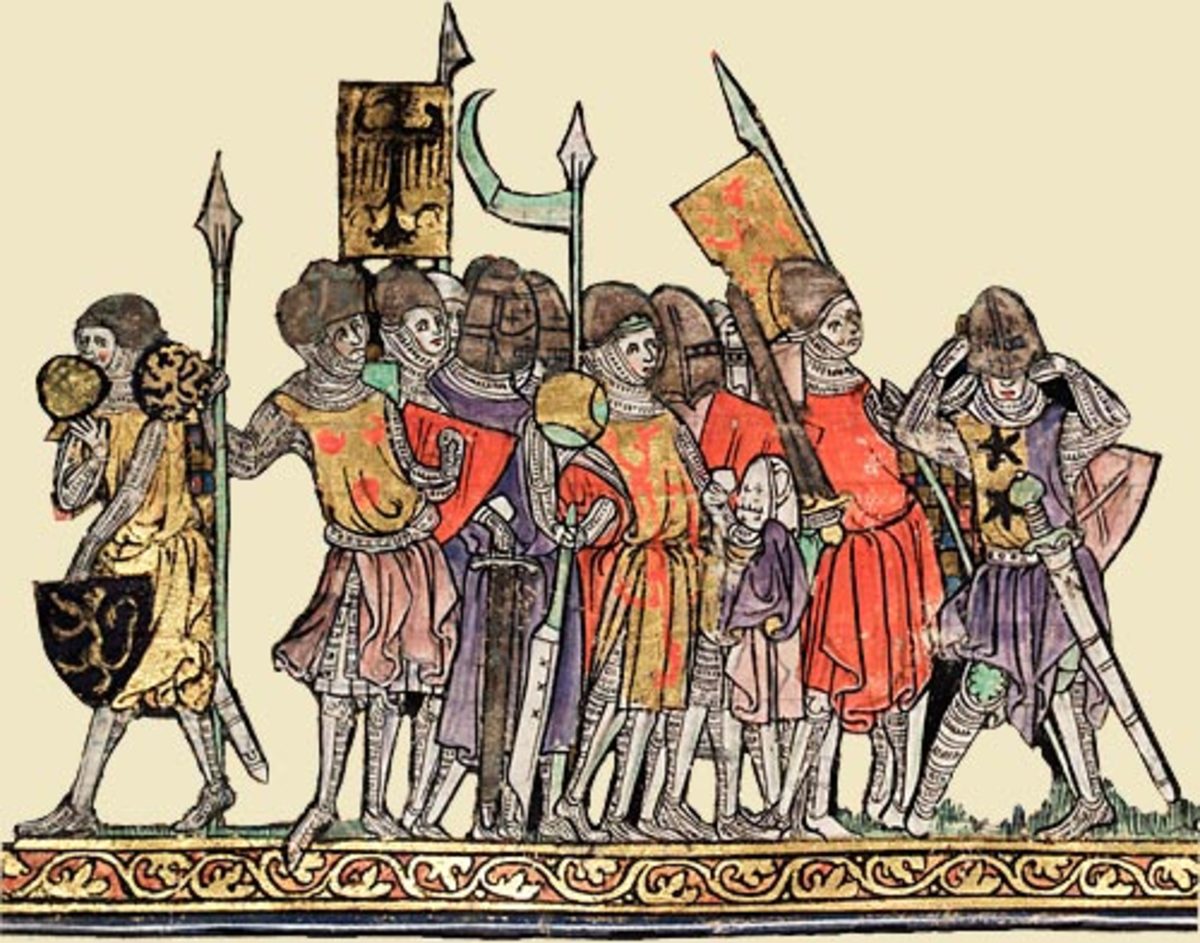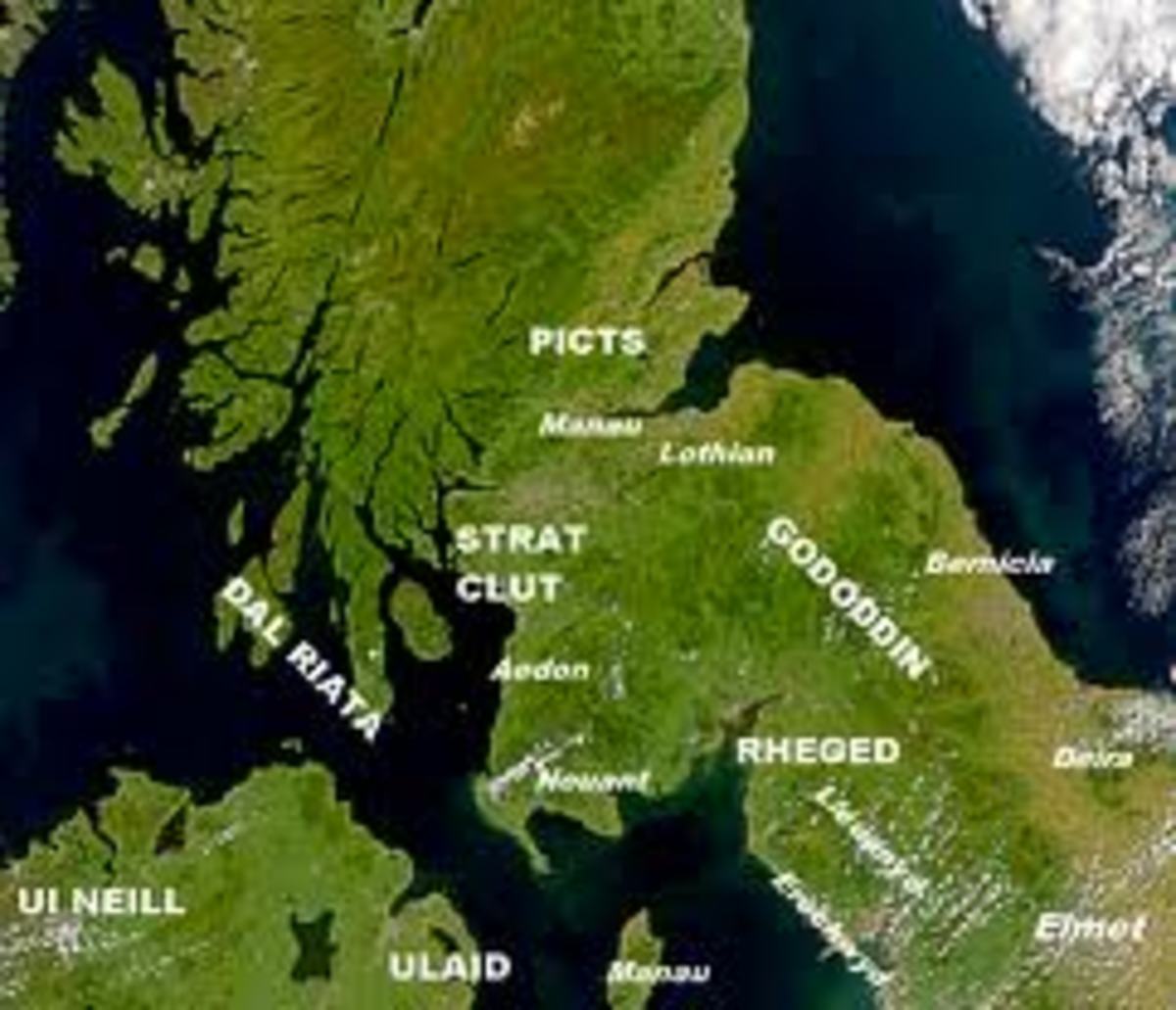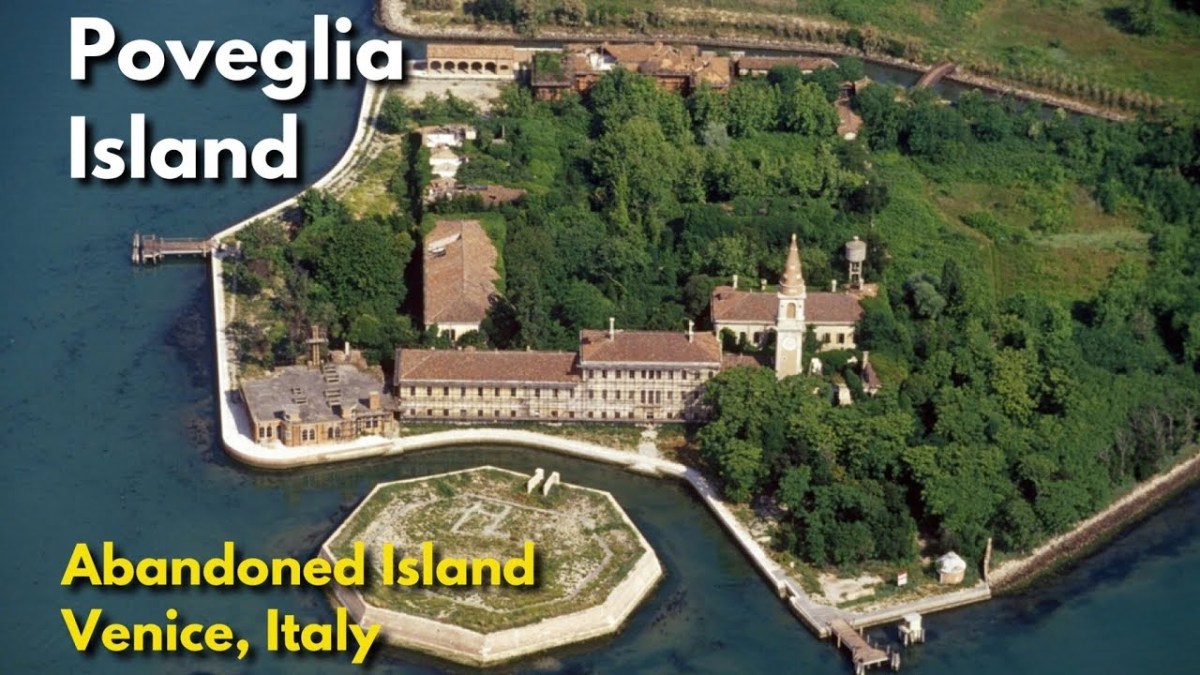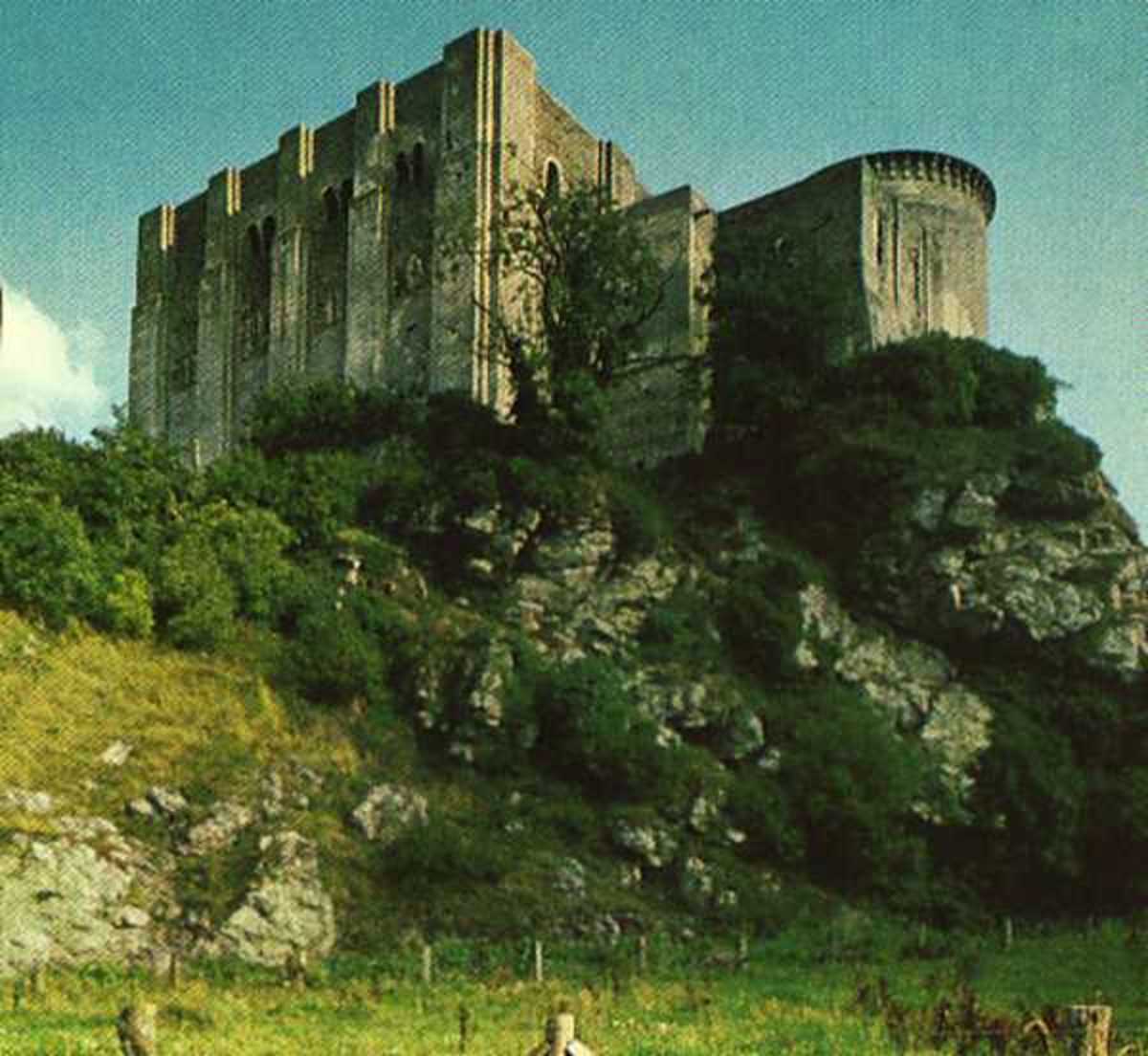- HubPages»
- Education and Science»
- History & Archaeology»
- History of Europe
John I, (1199-1216) King of England
John takes the throne
Richard I died unexpectedly in battle leaving an empire that had become used to some self government. Richard did not leave any legitimate children and on his death the various parts of the empire chose their own successors. The Barons of Normandy and England chose Richard's brother as king whilst Anjou, Maine and Touraine chose Richard's nephew Arthur who was just twelve years old; Aquitaine was still held by John's mother on his behalf. To keep Arthur from his lands John gave Vexin and Evreux to King Philip Augustus II, and he was instrumental in ousting Arthur from his lands.
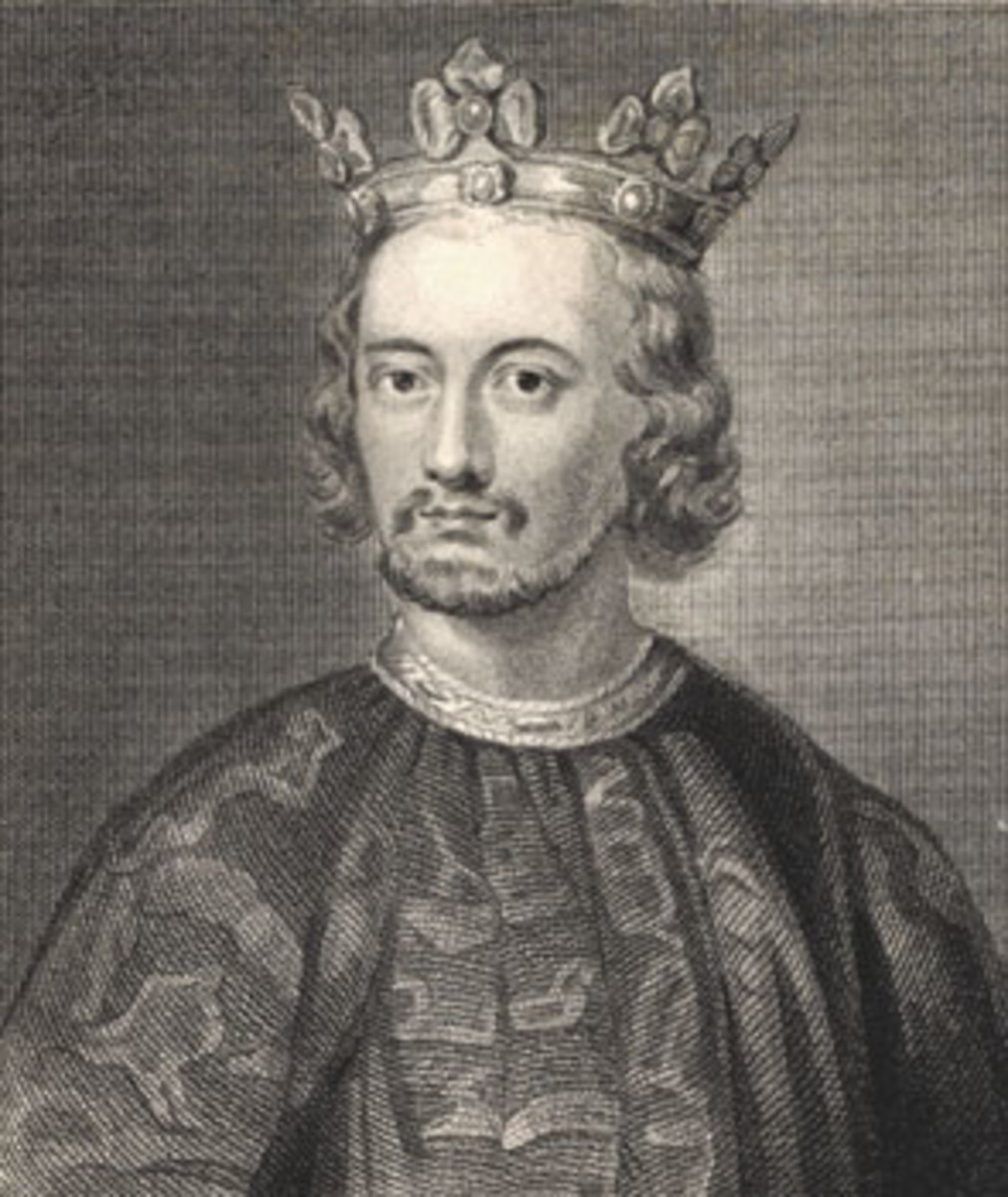
Marriage
In late 1200 John had his first marriage annulled and then married the heiress Isabella of Angouleme. Isabella had been engaged to marry Hugh of Lusignan and had John given Hugh adequate compensation the matter would have rested there but John would not pay. This action caused John to lose all his families hard fought for possessions in France.
Hugh of Lusignan appealed to King Philip Augustus and in 1202 he declared that all claims to land in France, by King John were forfeit. John failed to hold on to his land because of his poor treatment of the leading barons of Anjou and Poitou and his reputation was undermined as a rumour (probably true) stated that he was responsible for his nephew Arthur's death. John was not a strong king and in December 1203 escaped across the channel to England whilst Philip overran most of his possessions in France.
Living in England
King John settled in England, the first resident king since King Stephen. He was not liked as he constantly suspected that he was being plotted against, He did have difficulties. at home and in Europe. He was duty bound to try to recover his lands in France but the french king was a much stronger opponent now he was in possession of them. There was a high rate of inflation at home and prominent families who were in difficulties blamed the king perhaps because they did not understand the power of economic forces. Royal revenues were eroded by the inflation and as a result John levied frequent taxes and made laws concerning the uses of the forests which were profitable but unpopular with the people.
The King and the Church
John had major altercations with the church. He clashed with the pope,Innocent III over the election of the Archbishop of Canterbury. An edict by the Pope in 1208 led to the suspension of church services for six years followed by the excommunication of John in the following year. John didn't care; he didn't value the church's moral and spiritual role and simply responded by confiscating the estates of the church which went to alleviate his worsening financial position. In 1212 John realised that his position as King was vulnerable. The Barons were plotting against him, he had little support in the country and without any semblance of spirituality or semi- divine power or authority he was vulnerable to rebellion and invasion. By May 13 he had won the pope over by agreeing to hold England as a fiefdom of the papacy and therefore he was confident of receiving the Pope's support in any coming battles.
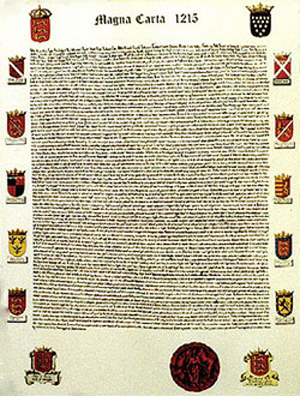
Attempts to Consolidate
John attempted to recover his lands in 1214 but was defeated at the Battle of Bouvines which encouraged the English rebels to take action. The rebels did not have a figure head to rally around. The King's sons were too young to manipulate into an opposition to their father. They decided instead to demand from the King a programme of reform under his leadership. In June 1215 after rebel forces had captured the City of London the rebels forced King John to accept the Magna Carta. John saw it as a means of buying time and quarrelled with anyone who tried to implement it. The rebels realised that John was impossible to negotiate with and invited Louis, the son of the French King to accede the throne. The country was forced into civil war which was causing unrest all over the country. In October 1216 King John died unexpectedly leaving a nine year old heir, Henry to govern a split country. History has labelled John as a poor King, incompetent at best, when dealing with his more powerful subjects and the church.
Was King John really that bad?
- King John 1 of England, Devil's son? - InfoBarrel
King John 1 has been regarded as a monster, the Devil's son, how accurate is this description?



